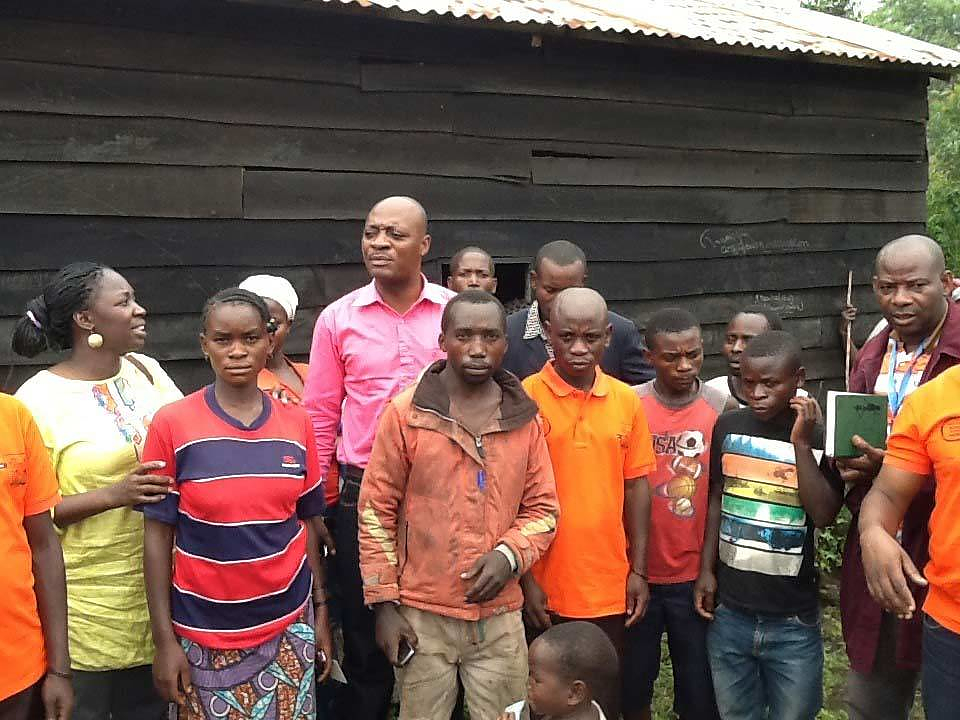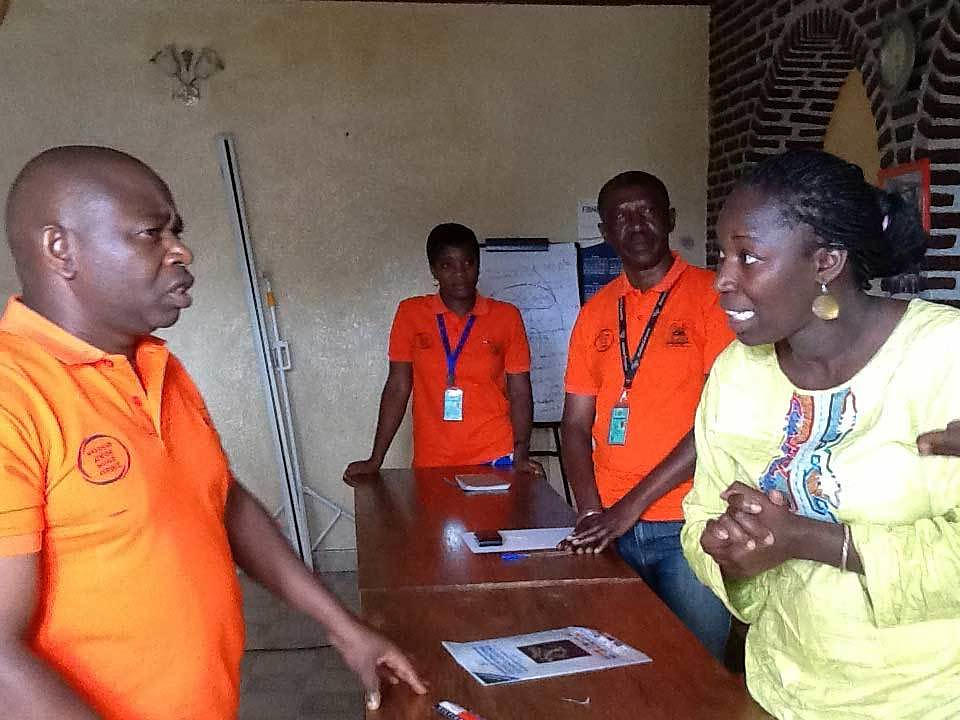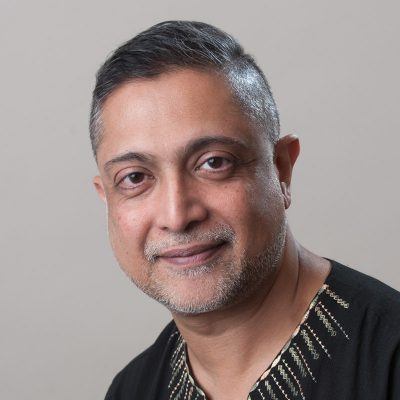Mujo Mukondo village was “just outside Goma,” according to Joseph Itongwa Mukumo, the North Kivu coordinator of AJWS grantee Program for the Integration and Development of the Pygmy People (PIDP).
But, to me, it may as well have been on the moon—and not just because of the potholes on the road. It was a different world, far from a major city.
Joseph took my colleagues and me to visit a community of indigenous people known as the Twa or Pygmy. According to my colleague Rosalie Nezien, who oversees our work in the DRC, they’re reclaiming the latter term as part of their cultural self-assertion. Joseph himself is a Pygmy from North Kivu’s Walikale Territory. He’s been PIDP’s director in the province since 2001.

PIDP is an indigenous-led organization that works on indigenous people’s natural resource and civil and political rights. It’s been in the North and South Kivu and Maniema provinces for 21 years.
I asked Joseph how he got involved.
“PIDP was working in Walikale, and in 1994, they ‘found’ me,” he said. “They felt I had promise and took me to Bukavu in South Kivu for training. Education is important to build the movement, and so we make that a big part of our overall work at PIDP.”
“I was given a lot of opportunities that led me to be where I am today,” he continued. “Not only as provincial director but also being elected to the national platform on indigenous people and forest management. I want to ensure that young Pygmy children have similar options.”

One of the Pygmy children the organization supports, 16-year-old Muyindo Kabasele, begins secondary school in September. But he told me that it’s a big challenge. I thought he was referring to the distance or the lack of roads.
“No,” Muyindo said. “It’s not having money for school fees that’s the problem.”
That problem forced Esperance Bahuma, 18, to leave her schooling. She is now married and has children.
“I don’t want my children to have to quit school,” she told me.
Ironically, the Congolese constitution orders free primary education, but it’s not a reality. PIDP advocates on this issue, along with other issues of empowering the Pygmy population.
It’s working for Heritier Bahati, another young man we met.
“Previously, we were beaten in schools,” he said. “I myself was harassed, but I persevered and continued because I want to learn and make something of my life. I want to be a headmaster of a school. We are now feeling empowered to resist and claim our place as human beings.”
AJWS’s work in countries and communities changes over time, responding to the evolving needs of partner organizations and the people they serve. To learn where AJWS is supporting activists and social justice movements today, please see Where We Work.

